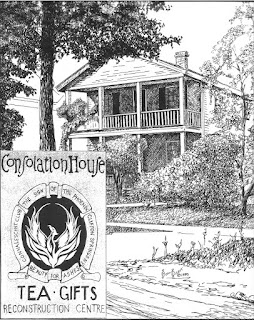The Lenten message of Emmanuel practitioners that influenced the occupational therapy profession

I have previously documented (in presentation and in blog) the role of the Emmanuel Movement with regard to its overall impact on 'treatment' of mental health conditions at the turn of the century in general and its impact on George Barton in particular . I have also documented some lingering impact of concerns with spirituality and how the topic has been reflected in some occupational therapy documents over time. As we are on the eve of the Lenten season, and as we are properly situated in history to reflect on the crucible of values that contributed to the founding of the occupational therapy profession, this little sideways journey seems timely and appropriate. Many occupational therapists enjoy using the term 'holistic' to describe their orientation and interest but few are adroitly capable of putting such diversity that includes spirituality into actual practice. This has always been the case - even when turn of the 20th century 'providers' made the...

